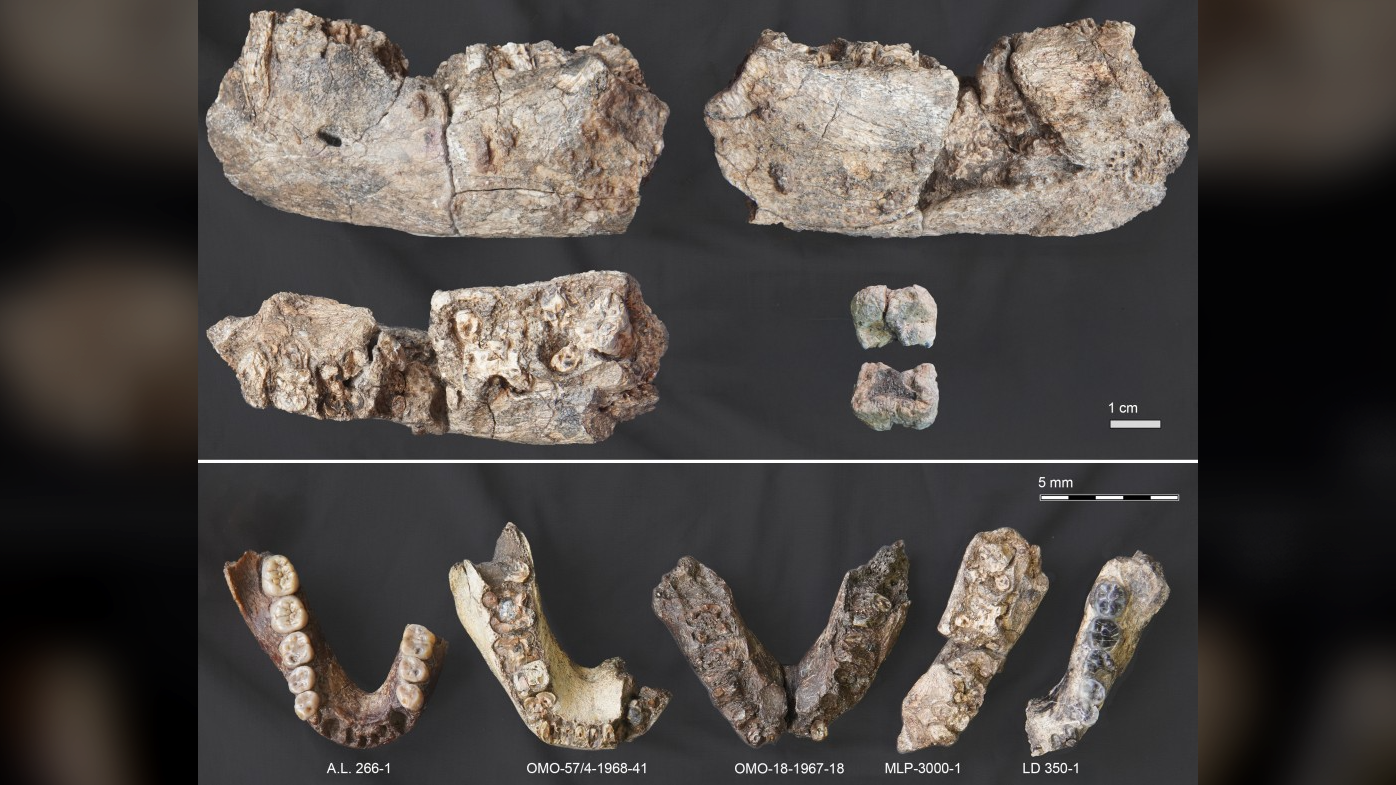Having just one drink a day can shrink your brain, new study finds
Just one pint of beer a day can make the brain look two years older.

Drinking even a single pint of beer or glass of wine a day shrinks the brain, and the effect worsens as the daily drinks increase, a new study of middle-age and older adults suggests.
The study, which surveyed over 36,000 U.K. middle-age and older adults, found that, on average, the brains of people who drank two alcoholic units a day — equivalent to a pint (16 ounces) of beer or a 6-ounce glass of wine — had shrunk to appear two years older than the brains of people who consumed none.
And the more drinks that people consumed, the larger the differences in their brains to those who drank none. The brains of people who drank three alcoholic units a day (equivalent to 8.5 ounces of wine) appeared 3.5 years older, and the brains of people who drank four units (just under half a standard bottle of wine) aged by 10 years, according to the study authors. The research, published March 4 in the journal Nature, is adds to a growing number of studies that have found any amount of drinking to be unhealthy, and especially damaging to cardiovascular and brain function.
Related: Does drinking alcohol warm your body?
"There is some evidence that the effect of drinking on the brain is exponential," Remi Daviet, study first author and an assistant professor of marketing at the University of Wisconsin-Madison, said in a statement. "So, one additional drink in a day could have more of an impact than any of the previous drinks that day. That means that cutting back on that final drink of the night might have a big effect in terms of brain aging."
In the study, more than 36,000 U.K. participants aged 40 to 69 reported how many alcoholic units they drank, which were compared to MRI scans of their brains. After grouping their subjects by average daily alcohol intake — from none all the way to two beers or glasses of wine or more a day — the researchers saw that those who reported drinking more alcohol had a steeper decline in brain volume than those who didn’t.
They found that the participants who drank even one alcoholic unit (half a pint of beer or a half-glass of wine) per day had noticeable differences to their brains' structure, particularly in the brain stem, putamen and amygdala — areas of the brain responsible for regulating heart rate, breathing, learning and motor control, and processing emotions, like fear. The differences held even after the researchers accounted for other factors that might affect brain aging, such as age, genetic ancestry and sex.
Get the world’s most fascinating discoveries delivered straight to your inbox.
In particular, regions of white and gray matter throughout the brain shrank exponentially in volume the more units participants reported drinking. Named for its pinkish-gray tinge, gray matter is the stuff in the brain responsible for processing information, and white matter is the material that enables communication between gray matter regions. The shrinking of either region is a bad sign, as it is linked to decreased cognitive ability.
Although the results of the new study may be in line with some past research, the study researchers note that the shrinking of white and gray matter happened even in people who consumed very few units of alcohol. For example, some earlier studies suggested that a limited amount of drinking could be beneficial to health.
The new findings also go against most current scientific and government guidance.
"For example, the U.S. National Institute on Alcohol Abuse and Alcoholism recommends that men limit alcohol consumption to two drinks per day, an amount that exceeds the consumption level associated in the study with decreased brain volume," study co-author Henry Kranzler, a professor of psychiatry and the director of the Center for Studies of Addiction at the University of Pennsylvania School of Medicine, said in the statement.
It's important to note that the study, and many others like it, can only show a correlation between alcohol intake and brain shrinking, and not necessarily that one causes the other, the researchers said. Another limitation is that people self-reported how much they drank, which can tend to be unreliable.
For future work, the researchers want to study participants over time to really pin down whether drinking is the cause of the brain shrinkage, as well as look at how other behaviors, such as binge drinking, affect the brain.
"This study looked at average consumption, but we're curious whether drinking one beer a day is better than drinking none during the week and then seven on the weekend," study co-author Gideon Nave, a neuroscientist at the University of Pennsylvania, said in the statement. "There’s some evidence that binge drinking is worse for the brain, but we haven't looked closely at that yet."
The team also noted that the exponential nature of the correlation means that those who drink the most are also likely to benefit the most from drinking less, even if it's just one less drink per day.
Originally published on Live Science.

Ben Turner is a U.K. based writer and editor at Live Science. He covers physics and astronomy, tech and climate change. He graduated from University College London with a degree in particle physics before training as a journalist. When he's not writing, Ben enjoys reading literature, playing the guitar and embarrassing himself with chess.
 Live Science Plus
Live Science Plus





